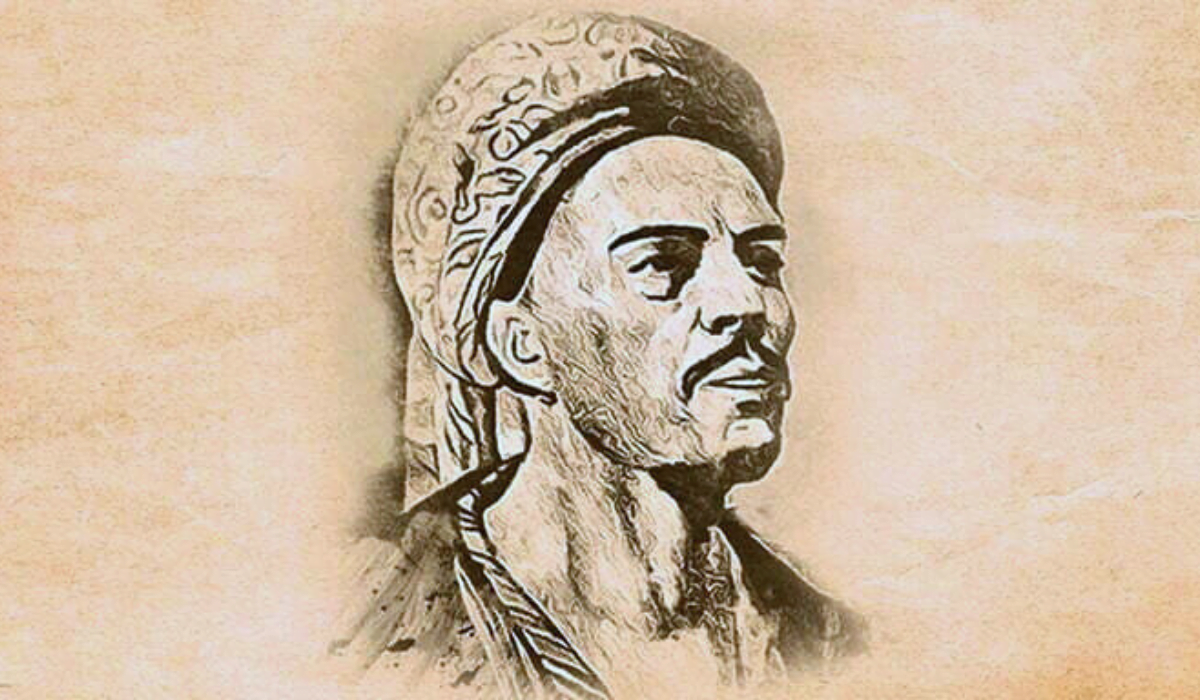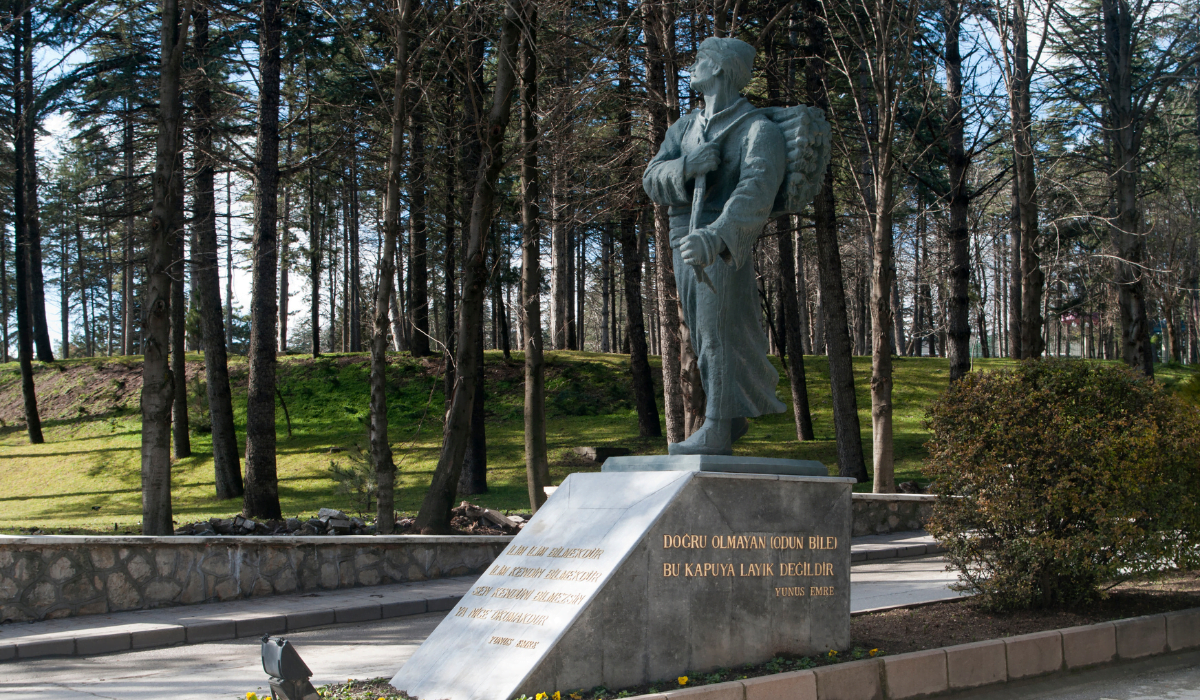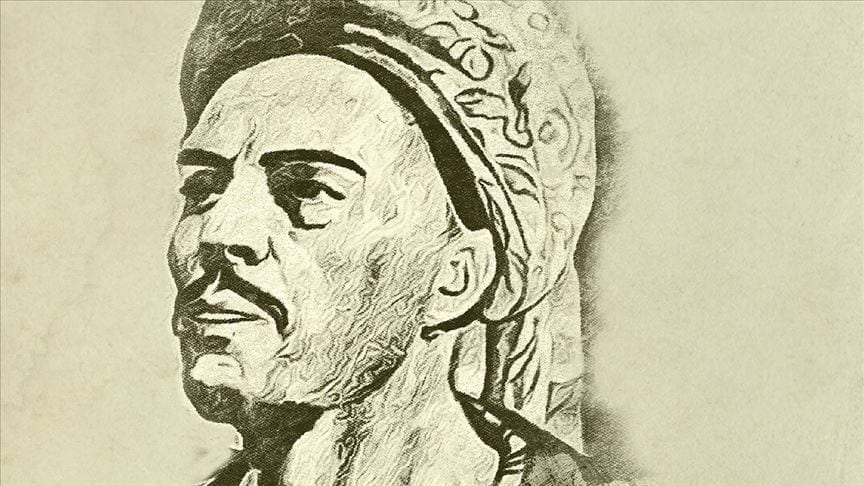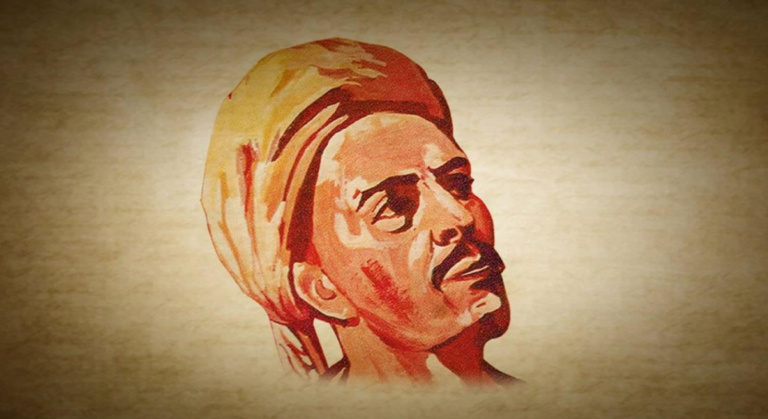Table of Contents
Yunus Emre was born in 1238 AD and is one of the most famous Turkish folk poets who greatly influenced Turkish culture. Yunus Emre is also a famous Sufi. His poems written in Turkish are full of many hidden meanings and images.
In our article below, let’s examine the life of the famous Turkish poet Yunus Emre.

Who is Yunus Emre?
Yunus Emre is a famous Muslim Turkish poet who greatly influenced Turkish literature. He was born in 1238 AD and died in 1321 AD.
Yunus lived with his mother in his youth, and according to some historical sources, he felt lonely and alienated from time to time. Yunus Emre wandered around the vineyards and gardens in deep contemplation.
The years during which Yunus Emre lived witnessed the Mongol invasion of Anatolia and protracted wars between the Turks and the Mongols, and famine and destruction spread in Anatolia at that time.
Yunus Emre visited many cities and districts, especially Kayseri, Tabriz, Sivas, Merv, Baghdad, Nakhchivan and Shiraz.
Yunus Emre was born in the town of Sarıköy (now known as Yunus Emre), which is today connected to Sivrihisar in Eskişehir province, and lived during the years when the Seljuk state ruled in Anatolia.
What is the Secret of Yunus Emre’s Fame?

Yunus became famous for his poems describing human values, human love and social peace.
Yunus Emre’s poetry had a great impact on the late Turkish Sufis and inspired the poets who became the architects of the Renaissance of Turkish national poetry after 1910 AD.
Turks see Yunus Emre as an epic hero and the dervish of the righteous. Because Yunus found the hidden corners and turned them into places full of life.
What are the Most Important Works of Yunus Emre?

Yunus is the author of many distinguished poems called “Divan”. Yunus Emre also wrote the book Risâletü’n-Nushiyye, in which he gives religious advice in a style similar to the famous Mesnevi book of the Sufi Mevlana Celaleddin Rumi.
Yunus Emre wrote Risâletü’n-Nushiyye, which consists of 573 chapters, in 1308 AD.
The existing copies of Yunus Emre Divanı are as follows: Fatih copy, Nur-i Osmani copy, Yahya Efendi copy, Karman copy, Balıkesir copy, Niyazi Mısrî copy, Bursa copy.
Sufism and Yunus Emre

Yunus Emre is the founder of a unique style in Turkish Sufi literature, where the Sufi aspect of his poetry is clearly revealed.
Yunus Emre dealt with issues such as death, birth, dedication to life, justice and human love, as well as the relationships of man with himself, things and God, and it is accepted that he dealt with all these issues based on the idea of Sufism.
There are many stories about Yunus Emre’s life, but the most accurate one is that Yunus spent a long time with the Sufi Sheikh Tapduk Emre, who lived in the Nallıhan district of Ankara and reached maturity at that time.
Many historical sources mention that Yunus Emre met with the famous Sufi Hacı Bektaş Veli during a famine in his village.
What Sets Yunus Emre’s Poetry Apart from Others?
Since Yunus Emre’s poems, unlike the other poets of his time, were written in the common Turkish spoken by the local Anatolian Turks, his poems stand out with their deep meanings and wisdom expressed in a simple style.
Yunus Emre’s poems, which mainly deal with the themes of divine love and human destiny, are distinguished by their deep emotions and direct expression.
Yunus poems also stood out with their ability to be blended with music in terms of content, form and language, which contributed to the ease of memorization.
Death of Yunus Emre
Garip Yunus died in 1321 AD at the age of 83 and was buried in Mihalıççık in Eskişehir.







